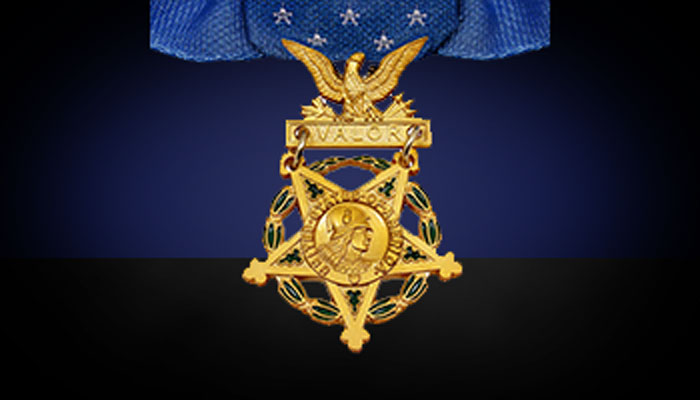Pardoning war crimes is indefensible
I left the Army as a conscientious objector in 1992, after wrestling for months with the consequences of having killed Iraqis during the 1991 Gulf War. Today I wouldn’t qualify for that status, because I’ve come to believe there are legitimate uses for military force to defend our nation and to stop atrocities such as genocide.
That said, the officers and noncommissioned officers who led my unit taught me important lessons about professionalism and leadership. I vividly recall my company commander, who later retired as a Colonel after more deployment to Iraq and other places, speaking about the importance of following the laws of war, and about how that is what distinguishes us from our opponents.
Those officers, who I admire and keep in touch with to this day, taught me that our military follows ethical standards. That it follows the Geneva Conventions. That our response to prisoners was to offer them food and water, not violence. While there are always exceptions and atrocities in war, the distinction is that we *try* to follow a better path, that instead of condoning these types of atrocities, we hold service members accountable for meetings our standards. People who commit war crimes are court-martialed.
Soldiers pay attention to example. Murderous leaders command murderous units.
Waitman Wade Beorn, for The Washington Post
My own grandfather gave an affidavit for a war crimes trial in 1945, after he was freed from more than three years in captivity as a POW in Japan.
That’s why I’m so incredibly distressed by the idea that the President is actively supporting war criminals and has pardoned one. There is no honor in shooting innocent civilians. There is no professionalism in taking a prisoner out into the desert, forcing them to strip, and executing them. Condoning this sort of criminal behavior–promoting it even–will do tremendous damage to the ethical foundation that makes our military what it is.
This isn’t about being politically correct. It’s about the professionalism that keeps our military from being used as the kind of political tool that uses force to support one political party or another. It’s about who we are as a nation.

Veteran
Thank you, Charles, for your powerful essay. I agree. May I add that the pardoning of a convicted U.S. Army war criminal sends the wrong message to our allies and enemies. For our allies, they may have less trust that our nation will follow the rule of law and execute enemy prisoners of war in the future. For our enemies, they may be more quick and more likely to violate the rule of law and execute U.S. prisoners of war ~ and that puts our service members and our allies’ service members at greater risk. Our nation needs to do better ~ We got it right convicting someone for killing an enemy prisoner, yet we got it wrong by pardoning the criminal.